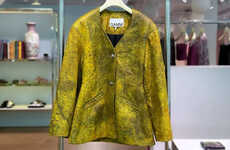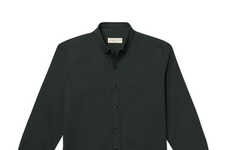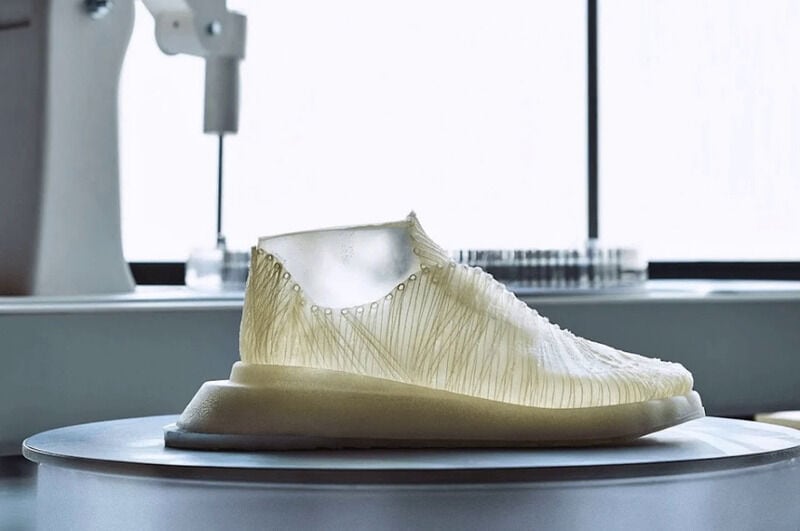
This Modern Synthesis Compostable Fabric is Made with Microbes
Michael Hemsworth — June 18, 2022 — Eco
References: agfundernews & yankodesign
This Modern Synthesis compostable fabric has been developed by the company as a textile that's grown rather than conventionally manufactured to give it an inherently natural profile. The fabric works by being woven and will grow thanks to the incorporation of microbes to achieve a nanocellulose material. This gives it a profile that's strong yet lightweight and can be grown in any shape or form desired for maximum functionality.
The Modern Synthesis compostable fabric was explained in a report saying, "At the end of the day, we’re trying to build a circular manufacturing system with these microbes. That enables us to leverage agricultural waste, use the microbes as manufacturing units, and transfer them into more viable materials. On the flip side, we see the opportunity to have new-class materials that are fully cellulosic so we can recycle them back into silos and recycling stream.”
The Modern Synthesis compostable fabric was explained in a report saying, "At the end of the day, we’re trying to build a circular manufacturing system with these microbes. That enables us to leverage agricultural waste, use the microbes as manufacturing units, and transfer them into more viable materials. On the flip side, we see the opportunity to have new-class materials that are fully cellulosic so we can recycle them back into silos and recycling stream.”
Trend Themes
1. Microbial-woven Textiles - The use of microbes in the creation of textiles presents an opportunity for sustainable and eco-friendly garment production.
2. Circular Manufacturing - Adopting a circular manufacturing system that leverages agricultural waste and used materials has the potential to reduce waste and create more sustainable production methods.
3. Nanocellulose Materials - The development of nanocellulose materials can lead to the creation of stronger yet lightweight materials suitable for various industries and applications.
Industry Implications
1. Fashion - The fashion industry can adopt microbial-woven fabrics to create sustainable and environmentally friendly textile products, reducing waste and pollution.
2. Agriculture - The agriculture industry can leverage agricultural waste to create microbial-based manufacturing systems, fostering a circular economy and reducing waste.
3. Manufacturing - The development of nanocellulose materials can improve manufacturing processes, creating stronger yet lightweight materials that can be used in various industries and applications.
5.6
Score
Popularity
Activity
Freshness























